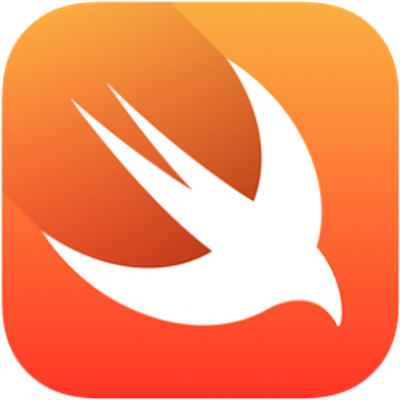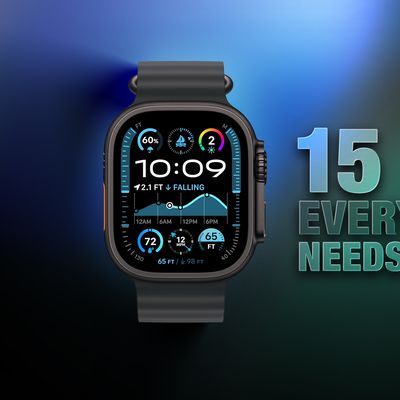 Popular freelancing website Upwork today released its quarterly study ranking the fastest-growing skills employers are looking for, and Apple's Swift programming language scored the number two spot, meaning it's one of the most sought after skills for freelance developers.
Popular freelancing website Upwork today released its quarterly study ranking the fastest-growing skills employers are looking for, and Apple's Swift programming language scored the number two spot, meaning it's one of the most sought after skills for freelance developers.
Swift, along with the other top 10 skills that made the list in the fourth quarter of 2016, experienced more than 200 percent year-over-year growth. Other skills that have become more essential on Upwork alongside Swift include natural language processing, Tableau, Amazon Marketplace Web Services, and Stripe.
Introduced in 2014, Swift is Apple's programming language, developed in part by Chris Lattner who made headlines recently when he left Apple for Tesla. Designed to be concise yet expressive, Swift replaces Objective-C and is being increasingly adopted by developers.

Swift is meant to be simple to learn, something Apple highlights with Swift Playgrounds, an app that teaches children to code using the Swift language. Apple has been updating and refining Swift since its 2014 debut, and is set to unveil Swift 3.1 in the spring of 2017.
Upwork's Skills Index measures year-over-year growth rates based on freelancer billings through the Upwork site.





















Top Rated Comments
Optional, what you call wrap/unwrapping is not an idea that Swift came up with, a lot of functional languages like Haskell, Scala have it. It's not a beginner's protection, it's a way to guarantee that you never touch dangling pointers, the best part is the compiler does the heavy lifting and checks it for you. Once you grok the idea that you can map over optionals, they can even save you time and lines of code.
I agree that it has somewhat of a learning curve compared to objective-c, but it's nowhere near rust. And who told you that it has worse performance than objective-c?
I seriously believe that Swift will become the go-to language in a couple of years, both in the server-side space and in the mobile space.
Performance in apps is no longer greatly different between Swift and Objective-C since probably Swift 2.2.
The entire syntax is incredibly similar to Objective-C, especially semantically.
You do realize that Apple has nearly 20 years of code written in Objective-C right? No company would rewrite their entire codebase just because they have a new language, they'll phase it out with probably new development being done in Swift.
Seeing as null pointers and null pointer exceptions are one of the biggest causes for bugs I think safety is good, also Java has also adopted it the Optional type in Java 8.
Apparently someone is paying for people that do know Swift so regardless of it being hype or anything else the money is flowing and also its the language supported by Apple for all of its platforms so I doubt it'll die although it might become a niche used only for Apples platforms (thats the case of Objective-C anyway) and IBM is also spending money on Swift for the server.
So either IBM, Apple and everyone else spending money on it are stupid and you're incredibly smart or the other way around, the future will tell which is which.
ARC is compiler being smart and adding the retain/release calls to correct places automatically during compile time. The downside is every retain/release has some overhead.
A garbage collector sweeps the object graph in regular intervals during program execution, detects objects to release, and cycles. The downside is for large object graphs, this is a quite expensive operation and sometimes results in the application being frozen while the collector is running.
Optionals are an abstraction that makes life easier. You may see it as a beginner feature for awful engineers. But to be honest you sound like a beginner too.
The syntax itself is even more bizarre and crazy to read. The entire idea of unwrap and wrap is like the a beginner's protection against null pointer. They tried so hard to reinvent a language with all other language combine, it just not working out. Essentially a DoA project.
Whoever think this language is on demand, you must be on some special kind of kool-aid. Most company's CTO or engineering director have no clue or any idea on what to use, they just follow the news and hype train to decide.